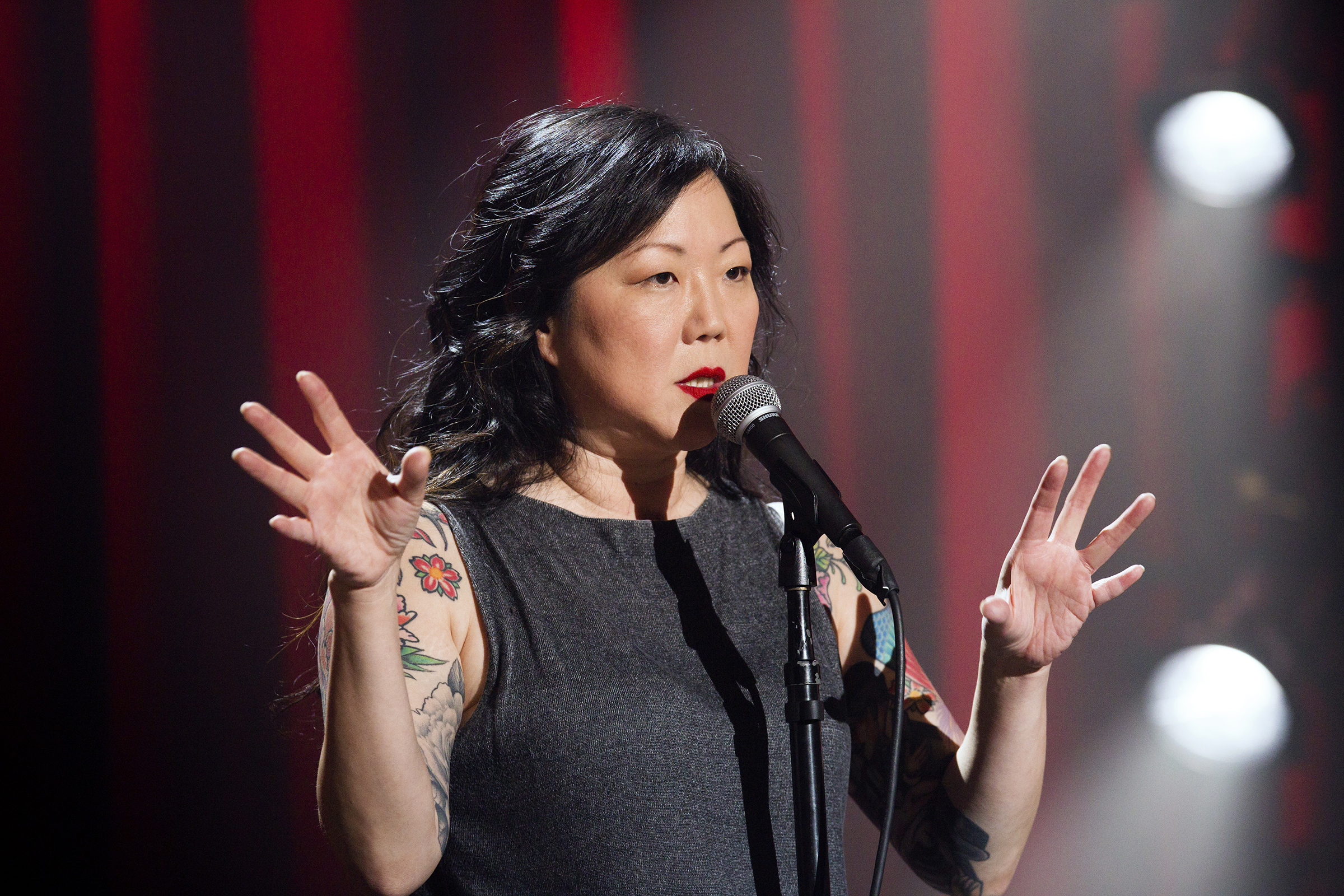Stand up isn't a field that I am particular involved in, so seeing a stand up routine got me excited. I feel as if I must be the worst fan of stand up because I feel like half the jokes fly over my head because I may not be paying attention or I just miss the joke. The only real standup experience I have really only comes from big names like John Mulaney. With this in mind, I wasn't the biggest fan of PsyCHO, and I am unsure if that opinion comes from the humor or just my lack of engagement in the stand up world.
Despite not being a fan of the whole show, the comedy was defiantly unique to Cho and she really made the routine feel personal. I think this stand up has a place with multiple people, I guess I just didn't find a lot of humor in the some of the type of jokes. I have seen a stand up routine of Ali Wong, and the difference between these two stand and the humor stands out for me. I think that the readings for class and the discussions we had actually helped me appreciate the show more. David L. Eng and Shinhee Han write about Racial Melancholia in their articles and how Cho deals with this. Cho is able to use self deprecating humor amongst other jokes to try and defy the stereotypes and other mainstream effects. She really is not afraid to talk about anything no matter the impact it had on her life. An example is the failure of her sitcom. As I stated earlier, I think that this show felt really personal to her, and it was nice to be exposed to a different person in the stand up world then the traditional slapstick humor I've seen before.
 |
| Margaret Cho in PsyCHO |
I think that its interesting to think about how and why humor works. It is at once very personal and also usually part of a collective experience. I agree that it is interesting to contrast Cho's self-deprecating and highly personal humor with Ali Wong who uses much more standard tropes in relationship to conventional motherhood and being a wife.
ReplyDelete